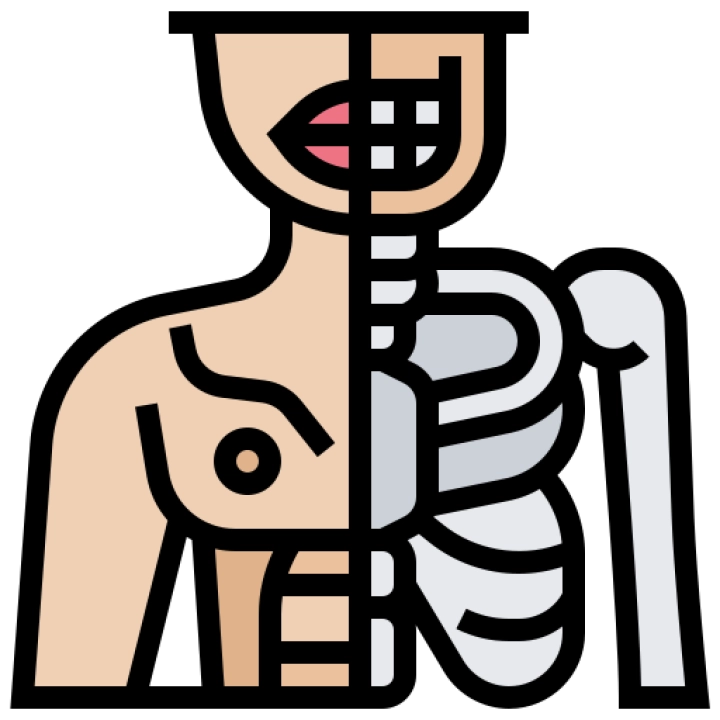College: Graduate School of Health Sciences
This specialization focuses on the physiological mechanisms underlying diseases and the functional changes that occur in the body due to illness. Students attain a deep understanding of normal physiology, pathophysiological mechanisms, and the molecular and cellular basis of diseases. Graduates are prepared for careers in medical research, healthcare, and related fields.
Learning Objectives:
- Understand normal physiology and physiological changes in disease.
- Develop skills in analyzing and interpreting physiological and pathological data.
- Learn techniques for investigating the molecular and cellular mechanisms of diseases.
- Explore principles of clinical pathology, diagnostic methods, and therapeutic interventions.
- Analyze and interpret complex physiological and pathological phenomena.
- Develop critical thinking, problem-solving, and analytical skills for medical research and healthcare practice.
Main Curriculum:
- Introduction to Pathophysiology - Overview of the basic concepts and research methods in pathophysiology.
- Cellular and Molecular Biology - Principles of cellular and molecular biology, genetics, and biochemistry.
- Systemic Physiology - Basics of systemic physiology, including the cardiovascular, respiratory, and nervous systems.
- Pathophysiology of Major Organ Systems - Principles of pathophysiology in major organ systems.
- Clinical Pathology - Fundamentals of clinical pathology, diagnostic methods, and laboratory medicine.
- Immunology and Infectious Diseases - Principles of immunology, immune responses, and infectious diseases.
- Pharmacology and Therapy - Basics of pharmacology, drug effects, and therapeutic interventions.
- Research Methods in Pathophysiology - Principles of research methods, experimental design, and data analysis.
- Practical Training in Pathophysiology - Hands-on experiences through training and projects in research labs or healthcare institutions.
- Graduation Project in Pathophysiology - Comprehensive project applying skills in physiological and pathological research.
Assessment Methods:
- Research papers, physiological analyses, pathological studies, clinical pathology reports, immunology projects, pharmacology assessments, research methodology projects, internships reports, graduation projects, group projects, and training assessments.
Recommended Textbooks:
- "Principles of Physiology" by various authors.
- "Robbins & Cotran Pathologic Basis of Disease" by Vinay Kumar, Abul K. Abbas, and Jon C. Aster.
- "Molecular Biology of the Cell" by Bruce Alberts et al.
- "Clinical Pathology" by various authors.
- "Immunology: A Short Course" by Richard Coico and Geoffrey Sunshine.
- "Goodman & Gilman's The Pharmacological Basis of Therapeutics" by various authors.
- "Research Methods in Medicine and Biology" by various authors.
Prerequisites:
Basic knowledge of biology, chemistry, and physiology. Suitable for students interested in pathophysiological research and medical investigations.
Program Duration:
Typically 4 years for a bachelor's degree, including coursework, projects, practical training, and internships.
Certification:
Graduates can earn a degree in pathophysiology and pursue higher education or obtain professional certifications in related fields.
Target Audience:
Ambitious medical researchers, healthcare professionals, pharmacologists, and individuals seeking careers in medical research, healthcare, and related fields. This specialization equips students with the skills needed to excel in pathophysiology, supporting careers in medical research, healthcare, and associated areas.

